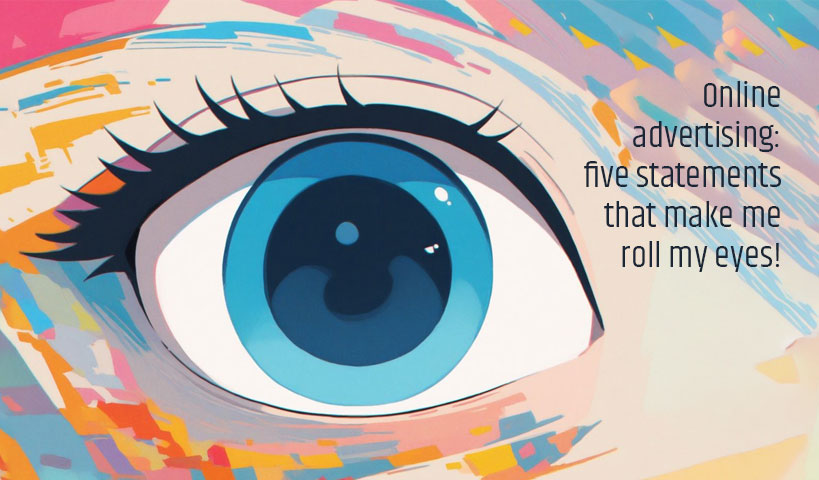Humour is often the best way to make someone feel comfortable. It’s an icebreaker. It relaxes and reassures in a context of verbal communication. A year ago (already!) I asked you if there was room for creativity in B2B marketing. To that I replied with a very frank and wholehearted “yes.” To the question “is there room for humour in B2B marketing?” I’ll also answer in the affirmative, but a less categorical affirmation. Not that I doubt it, but rather because we have to add a condition (or two…).
Condition 1: the definition of humour
In order to understand the possible relationship between humour and B2B marketing, we have to agree on the word’s definition. Humour is what makes us giggle or laugh until we cry, but it’s also what makes us smile, what triggers a pleasant emotion, what surprises us. Have you already read the definition of “humour” in the dictionary? Surprisingly, there is no reference to laughter.
Condition 2: financial implication
There are several points to consider before integrating humour to your advertising campaign or any other marketing activity. Humour is risky where business is concerned. The smallest blunder can significantly affect the credibility of a company. Some products don’t go well with humour, which is often the case in B2B.
In B2C, a regrettable purchase will only affect the consumer. You’ve given in to the temptation of buying new laundry detergent because the tv commercial was convincing, just like the product’s format? If you’re not satisfied, you won’t buy it again and the experience will have cost you under $10. On the other hand, the financial consequences of a poor B2B transaction can be enormous.
Are you ready for humour?
I’m not here to tell you if you’re ready or not to use humour to seduce your clients. But I can give you some food for thought.
If your brand is recognized and solidly established on the market, a little humour won’t ruin your credibility.
If you’re a newcomer to the market, help yourself to a bit of humour to attract the attention of your potential clients, but also develop more serious content for them to sink their teeth into.
Not everyone will think you’re funny. Does your idea or your team’s idea make you roar with laughter? This may not be the desired effect. Give priority to smiles rather than laughter.
If you’re not sure, then don’t do anything. The risks are too big. Better yet, contact marketing experts that are not from your own team. You’ll get more objective advice from people that can look at it from the outside.




